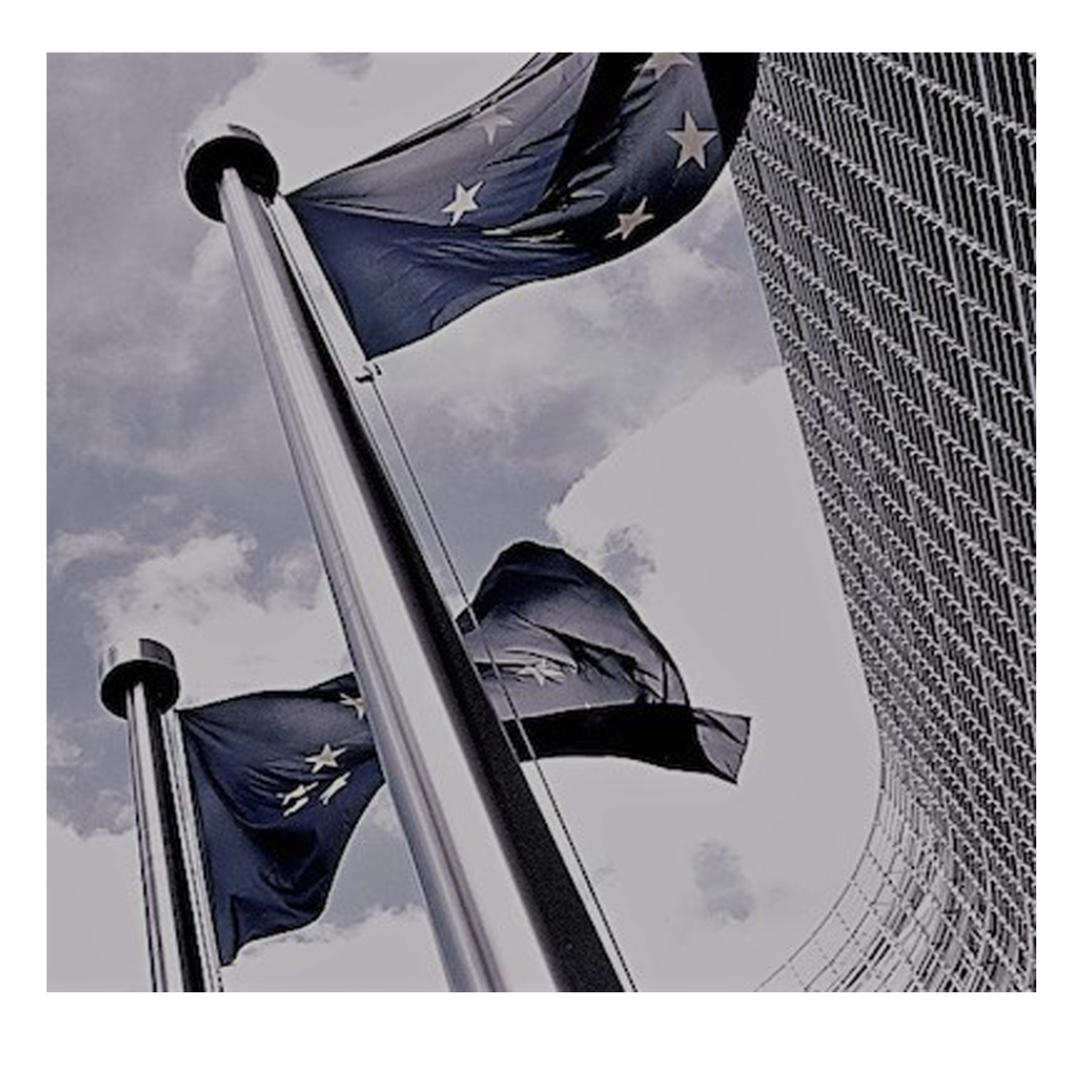Top-notch research at AIM
The Department of Accounting and Information Management is one of the leading research groups in accounting, auditing and information management and has an excellent international reputation due to its international orientation, strong research focus, and impact. In the late 1980s, we were actually the first Dutch research group to focus on empirical research in accounting, which has been instrumental to the development of accounting research in The Netherlands. Three decades later, the Maastricht accounting group still has a leading position. Based on our research output over the past five years (2018-2022), our department is ranked number one in Continental Europe in terms of publications (see below) in the Top-3 accounting journals (UT-Dallas ranking). In addition, the PhD Program in accounting is ranked #1 in Europe based on the all-time BYU ranking.
While our department initially focused on auditing research, we soon successfully extended our activities and now encompass research within the field of auditing and assurance services, financial accounting, management accounting, and information management. Current topics of interest include: organizational factors that influence the quality of audits, macro-economic consequences of accounting standards and accounting information, performance measurement and the loss of talent in (audit) firms, and process mining. For more information on the research interests of our faculty, we refer to the faculty pages.
Our research is further embedded in the Research Themes of the Graduate School of Business and Economics (GSBE), in which our faculty members play an active role.
Launching top international and national conferences
The Department of Accounting and Information Management is one of the four members of the international network organising the International Symposium on Audit Research (ISAR). More information about ISAR is available on the ISAR website.
Back in 2015, our department founded the Dutch Accounting Research Conference (DARC). The conference is a highly welcome opportunity to update our accounting community on current research activities in the Netherlands, and takes place each year at a different university in the Netherlands, with the DARC 2023 edition being hosted by the Radboud University Nijmegen. For more information, please contact Frank Moers.
Furthermore, our department members act as coordinators of the EIASM EDEN doctoral seminars on audit research and quantitative empirical management accounting research, the EIASM Conference on New Directions in Management Accounting, the Limperg course on the economics of auditing and assurance, as well as the European Network for Experimental Accounting Research (ENEAR).
MARC and research grants
The Maastricht Accounting, Auditing & Information Management Research Center (MARC), founded in 1992, is one of the leading European research centres in accounting and information management. From the beginning, our research centre has been involved in numerous high-profile commissioned research including for the EU, professional service firms, and international standard-setting organisations.
Our department members have been immensely successful in obtaining research grants for diverse projects as evidenced by a selection of commissioned research studies and research grants. This enables us to strenghten our excellence in research, but also support the upbringing of the next generation of academics by offering positions for PhDs and Post-doctoral researchers at our department.

Top Publications 2018 - 2022
- Beneish, M. D., & Vorst, P. (2022). The cost of fraud prediction errors. The Accounting Review, 97(6), 91-121. https://doi.org/10.2308/TAR-2020-0068
- Carson, E., Simnett, R., Thuerheimer, U., & Vanstraelen, A. (2022). Involvement of component auditors in multinational group audits: Determinants, audit quality, and audit fees. Journal of Accounting Research, 60(4), 1419-1462. https://doi.org/10.1111/1475-679X.12418
- Feichter, C., Moers, F., & Timmermans, O. (2022). Relative performance evaluation and competitive aggressiveness. Journal of Accounting Research, 60(5), 1859-1913. https://doi.org/10.1111/1475-679X.12431
- Fiechter, P., Novotny-Farkas, Z., & Renders, A. (2022). Are Level 3 fair value remeasurements useful? Evidence from ASC 820 rollforward disclosures. The Accounting Review, 97(5), 301-323. https://doi.org/10.2308/TAR-2018-0293
- Brüggen, A., Grabner, I., & Sedatole, K. L. (2021). The folly of forecasting: The effects of a disaggregated demand forecasting system on forecast error, forecast positive bias, and inventory levels. The Accounting Review, 96(2), 127-152. https://doi.org/10.2308/tar-2018-0559
- Grabner, I., Künneke, J., & Moers, F. (2020). How calibration committees can mitigate performance evaluation bias: An analysis of implicit incentives. The Accounting Review, 95(6), 213-233. https://doi.org/10.2308/tar-2016-0662
- Beuselinck, C., Cascino, S., Deloof, M., & Vanstraelen, A. (2019). Earnings management within multinational corporations. The Accounting Review, 94(4), 45-76. https://doi.org/10.2308/accr-52274
- Bol, J. C., Estep, C., Moers, F., & Peecher, M. E. (2018). The role of tacit knowledge in auditor expertise and human capital development. Journal of Accounting Research, 56(4), 1205-1252. https://doi.org/10.1111/1475-679X.12220
- Brüggen, A., Feichter, C., & Williamson, M. G. (2018). The effect of input and output targets for routine tasks on creative task performance. The Accounting Review, 93(1), 29-43. https://doi.org/10.2308/accr-51781
- Haesebrouck, K., Cools, M., & Van den Abbeele, A. (2018). Status differences and knowledge transfer: The effect of incentives. The Accounting Review, 93(1), 213-234. https://doi.org/10.2308/accr-51765
- Van Peteghem, M., Bruynseels, L., & Gaeremynck, A. (2018). Beyond diversity: A tale of faultlines and frictions in the board of directors. The Accounting Review, 93(2), 339-367. https://doi.org/10.2308/accr-51818
- Vorst, P., & Yohn, T. L. (2018). Life cycle models and forecasting growth and profitability. The Accounting Review, 93(6), 357-381. https://doi.org/10.2308/accr-52091